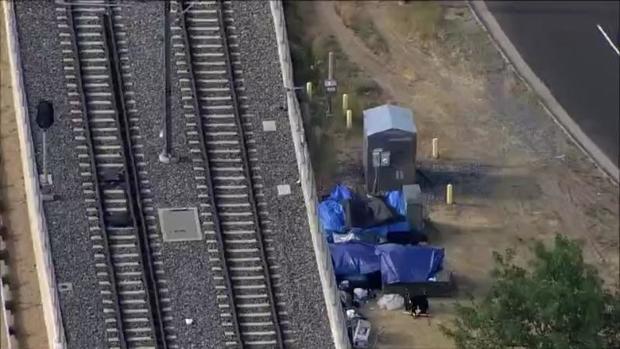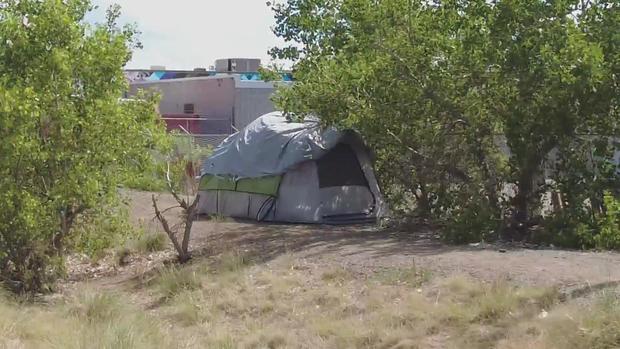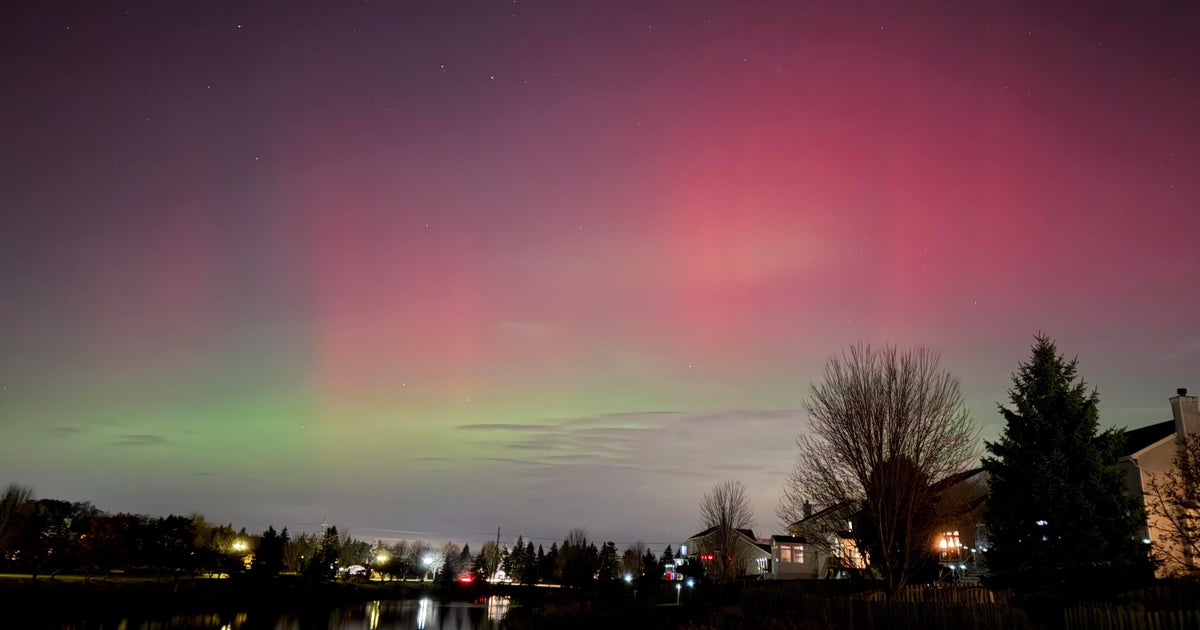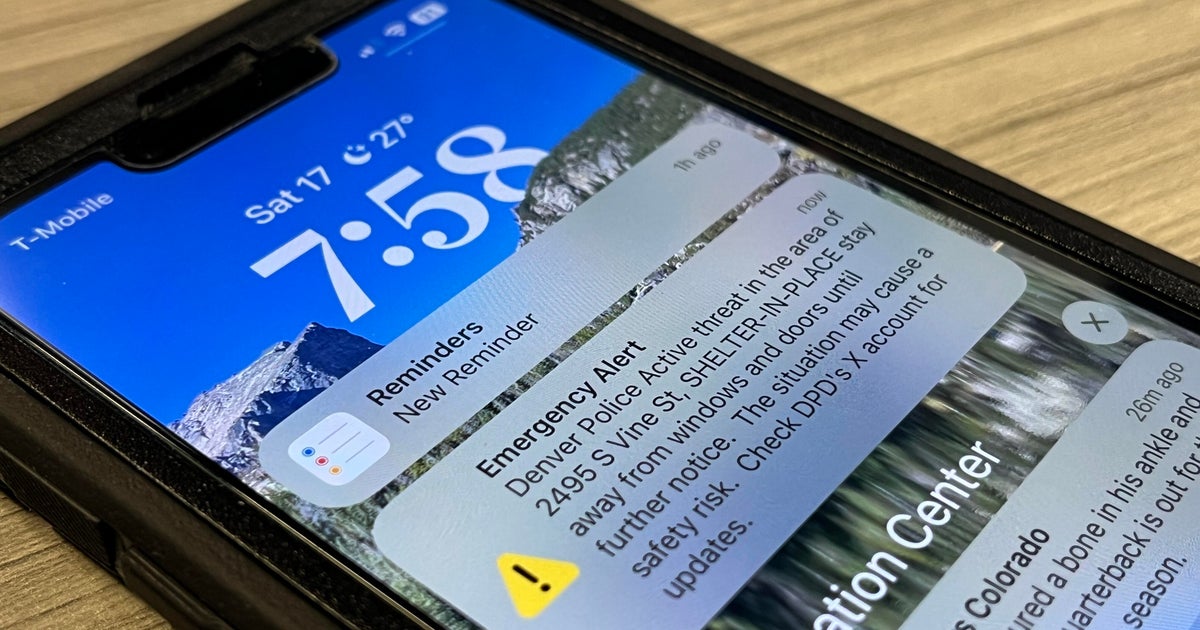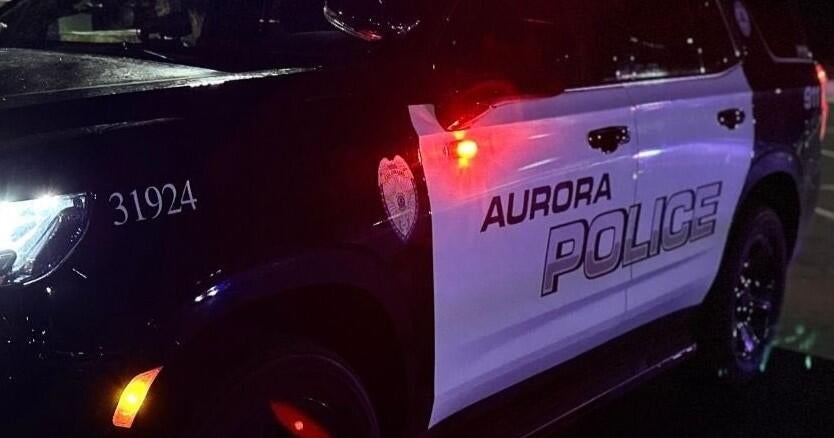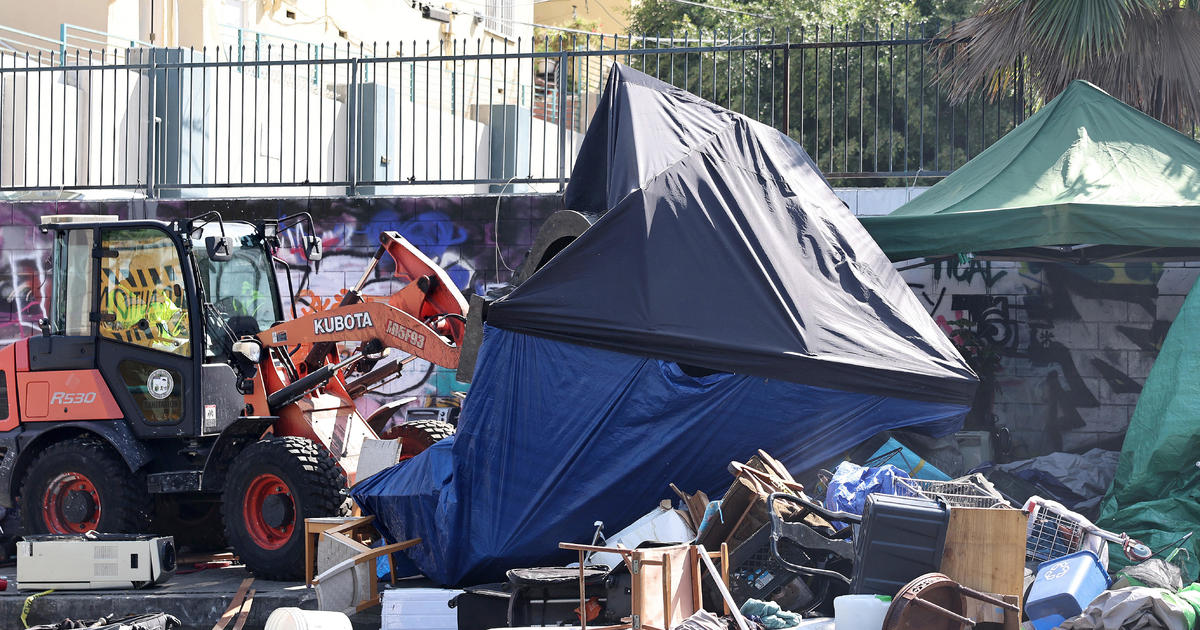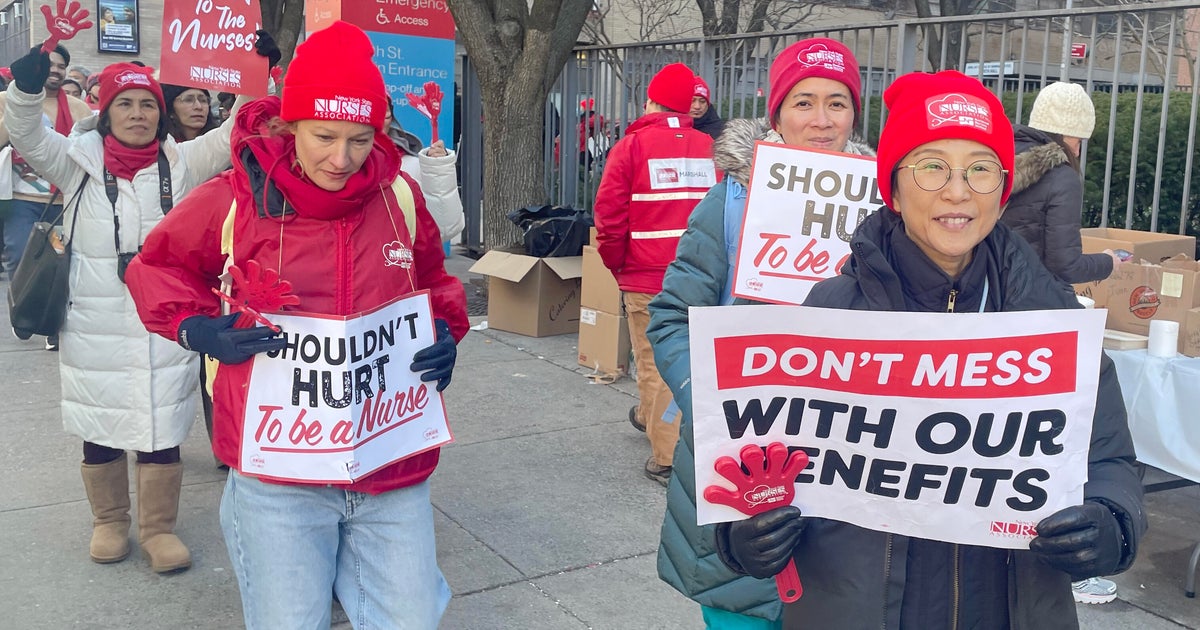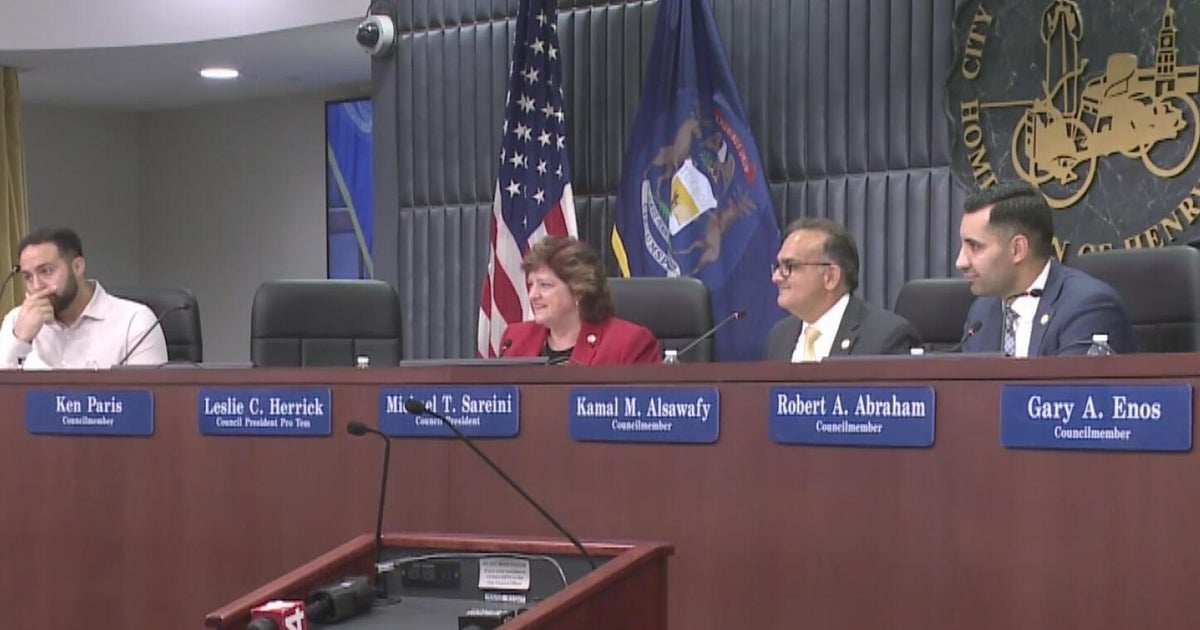Mayor in Colorado city supports Supreme Court camping ban decision, with provided shelter
The U.S. Supreme Court ruled that cities can ban people from sleeping and camping in public spaces. The City of Aurora recently strengthened its urban camping restrictions, as nonprofit homeless organizations work with less due to lack of funding.
Aurora Mayor Mike Coffman says he agrees with the ruling but adds cities have a responsibility to provide another shelter option.
"What this decision does is it gives us a green light to say it's okay. One thing I differ from, with a lot of other mayors throughout the country who support the decision, is that I do believe that a municipality should be required to offer some kind of alternative shelter when they're abating," said Coffman.
CBS Colorado has followed the path to heightened camping restrictions in Aurora, along with the creation of a specialized court to handle low-level offenses. The city will create a specialized court to handle offenses such as violating the new trespass ordinance, illegal drug possession, or retail theft by individuals experiencing homelessness.
The city says this will address the underlying causes of homelessness, instead of cycling individuals between the streets and jail.
"I fundamentally believe that unsheltered homeless in these encampments really is a crisis of addiction and mental illness. It is not a crisis of housing affordability," explained Coffman, who hopes his "Tough Love" approach will lead to rehabilitation.
The new H.E.A.R.T. Court (Housing, Employment, Addiction, Recovery, and Teamwork) would place offenders on probation with court-ordered requirements such as their participation in an addiction recovery program, mental health treatment, or job training.
With successful completion of the court-ordered requirements, all changes are dropped at the end of the probation period.
Local shelters, which are often full, worry the new restrictions will send more people in need their way. A shortfall in marijuana sales severely cut nonprofit homeless services in Aurora.
Anna Miller, Director of Business Development at Mile High Behavioral Health, says they're grateful for donations. There's always a waitlist for shelter beds, and the need isn't always in plain sight.
"What I think is happening is that people experiencing homelessness are setting up their encampments in more isolated and remote areas so that they are not ticketed or told to move," explained Miller.
Most tents are located along the I-225 corridor.
The city says it's common for an unauthorized camp to be re-populated shortly after it has been abated. The new restrictions make the I-225 corridor a "closed to camping zone" and violators could receive a citation for trespassing. They'd be referred to the new HEART court.
Those tents can be removed without notice, which worries Miller about shelter space.
"There's already a wait for the shelter beds. We do it on a lottery system, and it's already hard enough to turn folks away when all of our beds are full. And I'm sure that number is going to increase quite a bit," said Miller. "It takes a village, and we want to help as much as we can, but there's only a certain capacity that we're able to do."
Coffman acknowledges the need for more shelter.
He says space is coming with Aurora's upcoming navigation campus. The city purchased the Crowne Plaza Hotel on E. 40th Avenue. The property will be a regional navigation campus to serve those experiencing homelessness.
Participants in the HEART court will also have access to Aurora's two pallet home communities, which Coffman says are currently full.
"We've been allowing people to stay there for six months, and that's just too long. We're going to need to cut back that time in order to make room for people coming off the street," explained Coffman.
Miller says their guests have expressed concerns about the new restrictions, which will go into effect in a month.
She says nonprofits need more financial support to help immediately.
"I think it's important to remember that they are human beings. Yes, they should be contributing members of society. They should be working. However, there are barriers. With those mental health and addiction barriers, the first thing we need to do is solve those problems, and then they will be able to contribute to society," said Miller.
Coffman says there is room for the new "closed to camping" zones to expand in other places around the city in the future.

